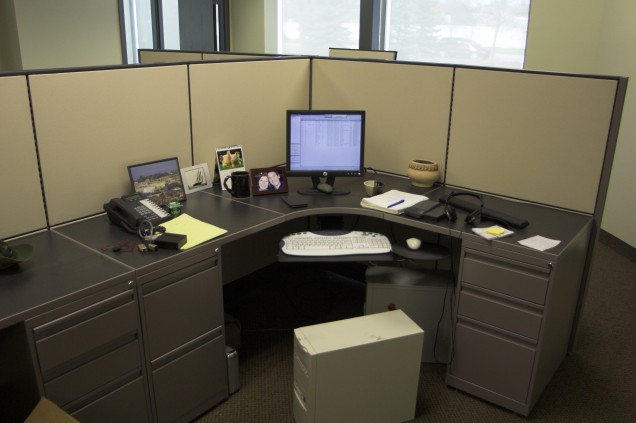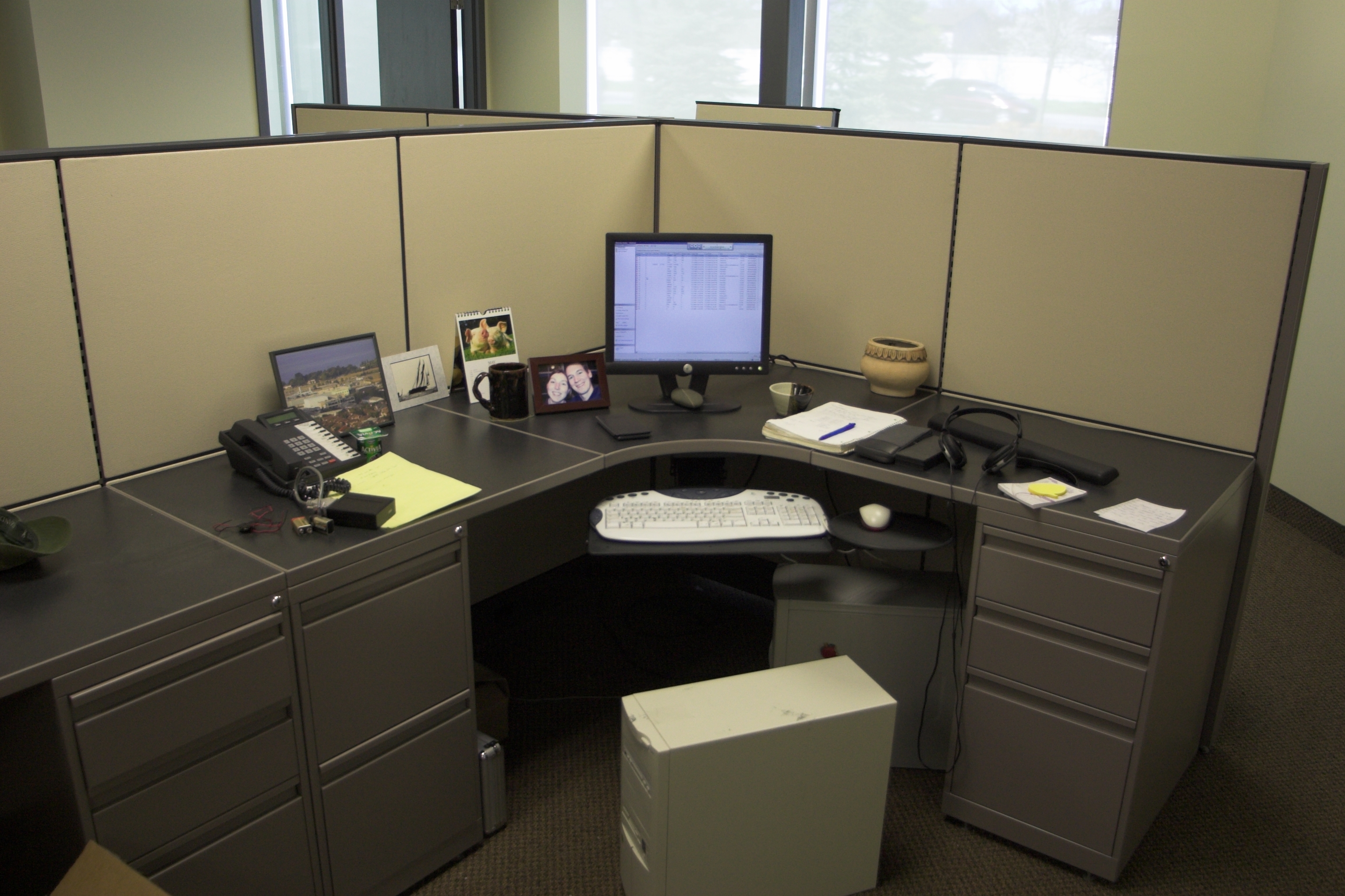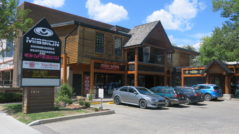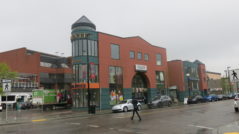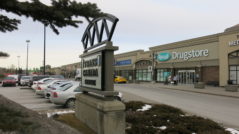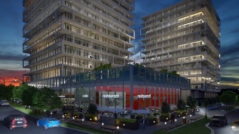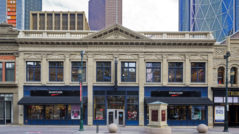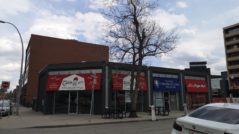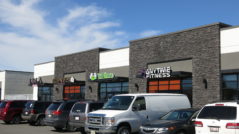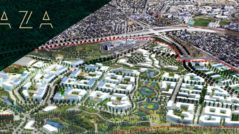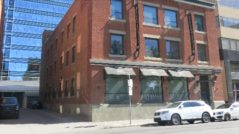Understanding the basic terminology in a commercial lease is vital to the success of your business. Many commercial landlords often present what they refer to as a ‘standard lease’ to prospective commercial renters.
But, what does this really entail? You have to be able to understand what you are reading. because if you aren’t familiar with the terms used then you may not fully understand the ramifications down the road of what you are signing.
Here are some of the key points to keep in mind when reviewing your commercial lease.
Rent Costs and Square Footage
As you are probably aware, most commercial leases rent by the square foot to determine how much rent you will pay but there are a number of different ways in which this is determined. Here are a few of the key terms which will help you understand the cost of rent you will be paying.
Gross Rent Lease – This is the most common form of rent which is charged for renting office space. It basically entails a flat rate which is charged to you monthly and generally includes the costs for taxes, repairs, insurance and building expenses.
Percentage Lease – Is usually applicable for retail leasing and entails where you pay a fixed rent plus a portion of your gross income.
Net Rent Lease – In addition to the base rent you will also be expected to pay for a portion or all of the property taxes on the building (if you are renting the entire premise).
Net-Net Lease – In this instance you will be responsible for paying the base rent, your share of the building taxes plus insurance for the office space you will be using.
Triple Net Lease – This type of rent usually is only charged for industrial use and includes all the costs for leasing the space.
Increases in Rent
This is another clause you have to examine closely because it tells you how to expect from a rent increase as you should not expect your rents to remain static over the life of the lease. These are also known as escalation clauses and can include some or all of the following:
• Increasing the rent according to the CPI (Consumer Price Index). The CPI also usually overestimates the amount of inflation so you should really not be expected to pay more than the actual rate as opposed to the estimated rate of inflation.
• Pro-rated lease increases to account for taxes, utilities, and the cost for building maintenance
Lease Renewal
This is another area which you should examine closely. Your lease should ideally have a lease renewal formula included in the contract so that you are guaranteed to have the space available to you when the lease reaches its conclusion. You must also remember to follow the time-line where you have to notify the landlord of your intent to renew the lease.
Insurance and Building Maintenance
It is vital that you know what the landlord will be insuring and the extent of your responsibility. Additionally, you will also need to know and even negotiate with your landlord how the costs of electricity are to be apportioned, what cleaning services are provided, and details about HVAC systems, ventilation and heating.
Renovations
What a commercial tenant needs and what a landlord is willing to offer a tenant should also be carefully spelt out in the lease. An agreement or a ‘work letter’ should be included as it will be vital that you clarify who will own any improvements that are made to the leased space.
It is always vital that spend a few hours with a real estate lawyer who is knowledgeable about commercial lease contracts and review the terms of the lease so you don’t get ensnared in something that can hurt your business.
Photo by Martin Cathrae

